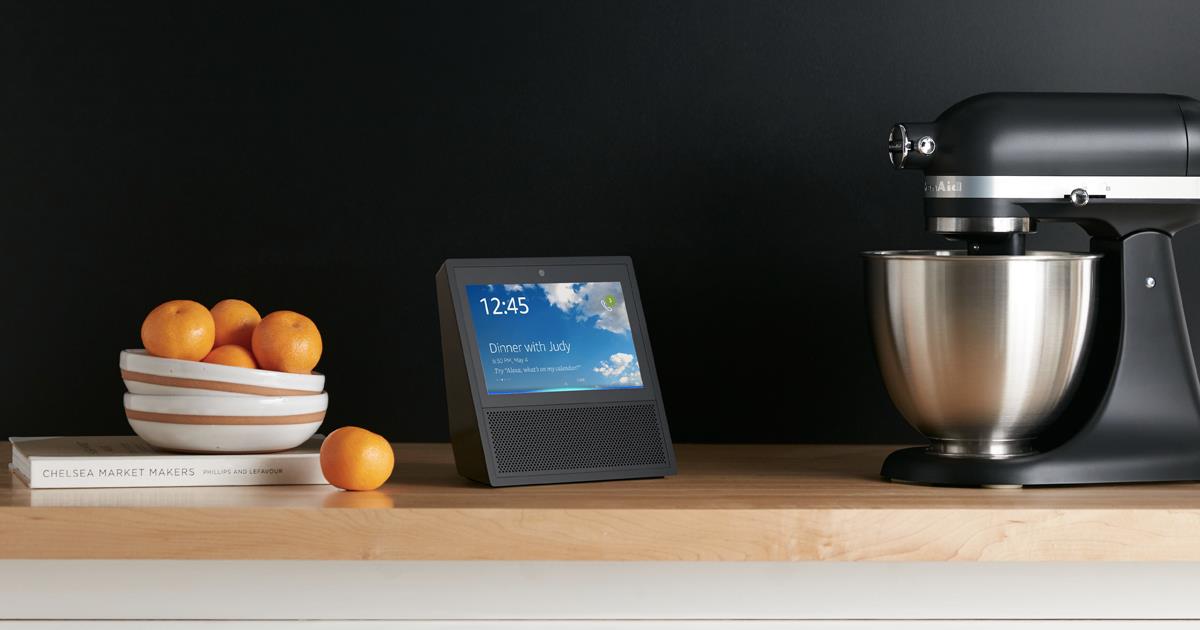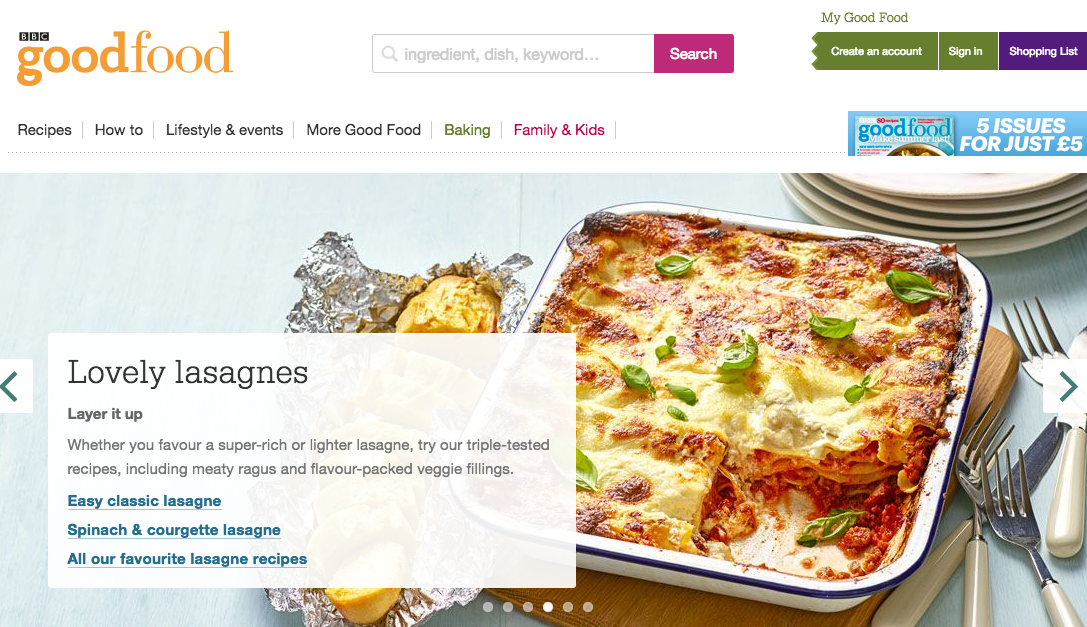Why BBC Good Food is sharing its 11,000 recipes over voice platforms

Photo: Amazon
As global sales of smart home devices continues to grow – research group Forrester expects approximately 244 million smart home devices in the US alone by 2022 – publishers have been jumping on branded skills and generic skills, sharing their content on these new distribution channels. Adoption of voice interfaces including Amazon Echo, Google Home and Apple Homepod have been steadily rising. A March 2018 survey by Voicebot.ai suggests adoption of voice-enabled technology has increased to 47.3 million adults in the US in two years.
Users turn to voice interfaces and content, entertainment and information. They can listen to news, reviews, podcasts, quizzes, and other audio content, make reservations, get prices on products, conduct searches and place orders.
A recent IAB report states voice interfaces are also used for utilities and tasks like hands-free directions.

Voice platforms are perfect for magazine media brands like BBC Good Food, whose users turn to it for quick family suppers, fantastic cakes, trusted recipes and cookery skills. Looking at the parctical side, voice interfaces would be extremely useful, especially if a consumer is up to their ears in sticky jam like editor’s choice damson crumble and damson jam, or have vegan chocolate chip cookie batter under their fingernails.
BBC Good Food is looking into voice as a platform on which to share its content because it was a good fit, according to Hannah Williams, head of digital. “We’re always working hard to ensure our content remains as relevant and useful as possible for our 20m monthly users,” she said. “Being able to enjoy our recipes hands-free is of enormous benefit to our audience, especially when grappling with a particularly messy recipe. As the user benefit was clear, it felt the right place to be as a business.”
The magazine, which has a cross-brand reach of 13.9 million and is the UK’s most popular food media brand, launched its first Alexa custom skill earlier this month.
“Users can search our entire 11,000+ recipe database, filter by preferences such as diet type or cuisine, hear the full ingredients list and step-by-step method, pausing to set their own pace, all completely hands-free,” Williams said.
BBC Good Food worked with design and innovation consultancy Hi Mum! Said Dad who built the skill, and worked hard to rethink the whole recipe experience from a voice perspective, Williams said.
“Designing an optimal user experience for voice is very different to visual platforms and it’s safe to say this was uncharted territory for us,” she said. “It’s still early days and we’ll be looking to iterate further when we learn how our users are interacting with the product.”

Photo: Amazon
The team will be testing and learning before looking at potential updates later this year, with further iterations planned for autumn. Williams said it was too early to tell what users like about BBC Good Food voice content, though expects to gain insight as the project progresses. “We’re looking at all other voice platforms, including Google and will look to build products wherever there’s a viable route for us to do so,” Williams explained.
For magazine media publishers, voice as a distribution platform for their content is still in its infancy. Yet, adoption of voice technology, interfaces, virtual assistants, and the interactive voice experience are rapidly becoming a regular part of consumers’ lives, according to this IAB report.
For now, BBC Good Food’s forays into voice interfaces are exciting and new, with room to expand and space to explore. For publishers looking to experiment with voice platforms, Williams offered, “Wherever you stand on the audience penetration forecasts for voice, it’s clear it will become a disrupting force for publishers in future, so ignoring it is not an option,” she said. “The use case for our audience was clear. I’d say that’s the place to start; with a clear user story and wherever possible, keep it simple!”
More like this
How voice-activated devices create opportunities for publishers
Empire magazine to publish first ever talking voice-responsive cover
BBC Travel – how multimedia galleries are (not) changing good storytelling
OK Google: how publishers can create voice assistant content








